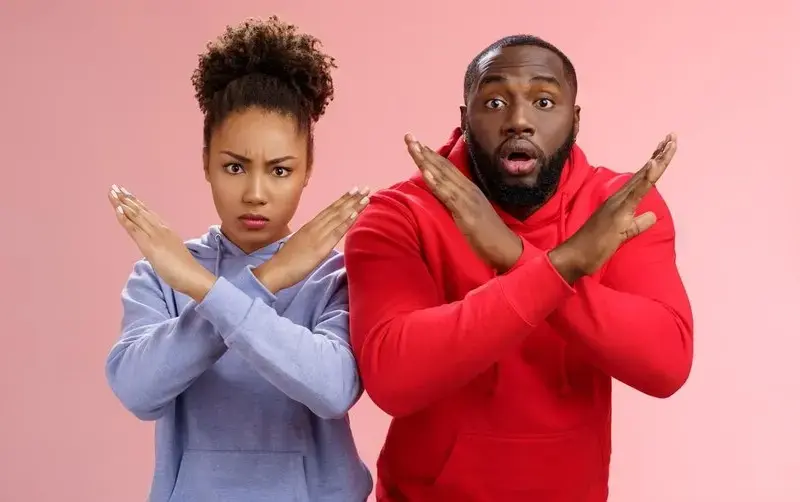
About Course
The Understanding and Addressing Abusive Behaviour course offers a thorough education on recognizing, analyzing, and responding to abusive behavior in diverse contexts. Participants will gain insights into the definitions and types of abuse, ranging from physical and emotional to psychological and financial. This course examines the factors contributing to abusive behavior and explores its profound impact on victims and survivors, from trauma and emotional distress to long-term psychological effects.
Through interactive modules, learners will delve into the dynamics of power and control in abusive relationships and address common myths and misconceptions that can perpetuate harmful attitudes. The course also emphasizes promoting healthy relationship principles, offering tools for positive communication, and challenging abusive behaviors constructively.
Equipping participants with practical skills, the course covers effective intervention methods, resources for victims, and strategies for building support networks. Additionally, learners will explore ways to advocate for change in their communities, fostering awareness and prevention of abuse. By the end of the course, participants will be empowered to recognize abusive patterns, support those impacted, and promote healthier, respectful interactions in their personal and professional environments.
Course Content
Introduction to Abusive Behaviour
Definition and types of abusive behaviour
Understanding power dynamics in abusive relationships
Recognizing signs of abusive behaviour
Understanding Abusive Behaviour Quiz
Understanding the Root Causes
Recognizing Abusive Patterns
Challenging Abusive Attitudes
Building Healthy Relationships
Coping Skills and Strategies
Seeking Help and Support
Creating Change and Moving Forward
Earn a certificate
Add this certificate to your resume to demonstrate your skills & increase your chances of getting noticed.

